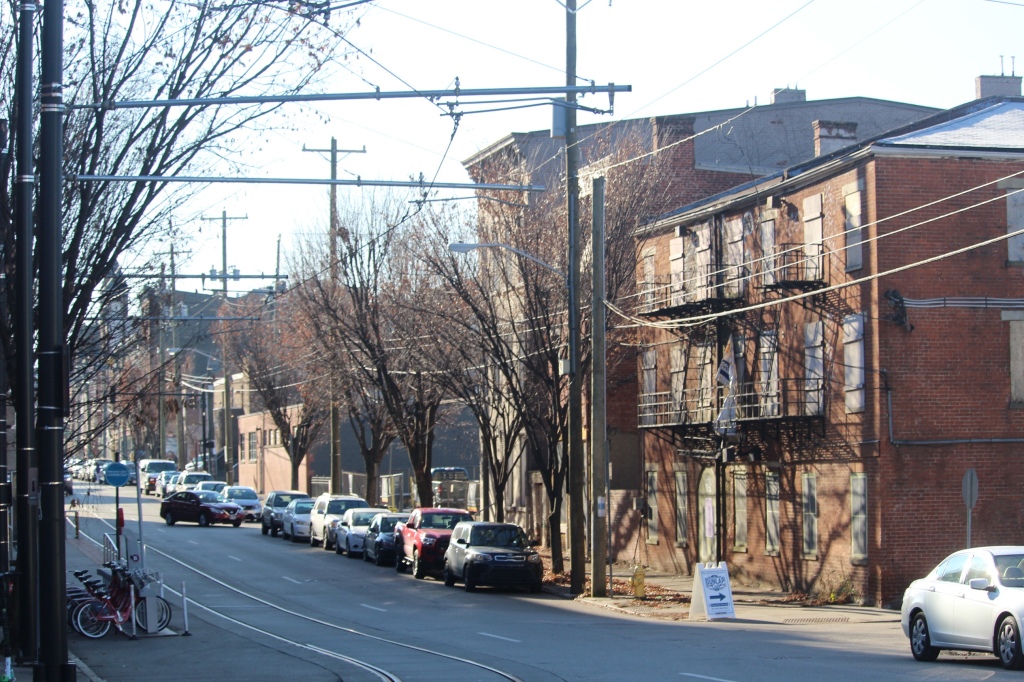
An overview of the most common 12-step programs
If you have been through any amount of treatment, you will be very familiar with the attempts of facility staff members to convince patients to attend the twelve-step meetings that are typically offered at several times throughout the course of each day. The frequency of meetings vary from day to day and from facility to facility, but there are generally two organizations that offer regular meeting opportunities: Alcoholic’s Anonymous and Narcotic’s Anonymous.
Both organizations are examples of twelve-step programs focused on assisting addicts obtain and sustain sobriety by way of offering a fellowship of like-minded (or rather, ‘like-problemed’) individuals that meet regularly to discuss their disease and support one another.
Some individuals may initially be turned off, skeptical, or potentially intimidated by the groups’ spiritual focus and belief in a ‘higher power,’ use of regular prayer, or a number of other things that may be awkward or difficult for a newcomer to adjust to.
That being said, both groups carefully recognize a persons’ right to their own interpretation of what exactly the term ‘higher power’ means to them. I have to admit, I was and I’m still not necessarily a religious person; I was initially slightly skeptical of these programs for a lot of reasons.
But after attending a handful of meetings while I was in a detox facility and many, many more when I got back out into the real world and as I have navigated through the first 60 days or so of my recovery, it is hard to deny the fact that there are many people in attendance at these meetings who are living exponentially better lives than I had been in active addiction. What’s more is that they all will claim that their ability to take their lives back from addiction is directly due to their participation in their program.
Something is working for these people; There seems to be an undeniable spirit in attendance to these meetings of minds that helps the members of these groups obtain and sustain long periods of sobriety. They will be the first to tell you that it is not an easy thing to do, but if you can put aside your reservations, whatever they may be, and do your best to be in regular attendance and practice what they are teaching in your daily life to the best of your ability, you will see change for the better in your life.
At the very least, you are allowing yourself to be a part of a tremendous network of people who collectively offer a treasure-trove of opportunity for you to find a way to get your life back on track.
I have to admit that I often still feel awkward at these meetings, despite the fact that I have been attending a meeting every single day. I am not an extremely out-going person; I tend to get along with everybody I meet, but I am not one to go out of my way to talk to somebody new. I am very quiet in large groups of people whom I am not familiar with. I don’t share anything with the group very frequently. I just sit back and listen; I take it all in. That is what I am comfortable with right now, and that’s okay.
Despite my discomfort, I have continued to attend meetings, and I can literally feel a shift taking place in my mind. I am more open to spiritual principles. I am making an effort to incorporate the advice I hear into my daily life. Most importantly, though, I have somehow remained clean, which is something that up until this point I have never, ever been able to do.
Which meeting is right for you?
Try many different meetings!
I personally have developed a gravitation towards N.A. Meetings rather than A.A., but everybody has different preferences. Even if alcohol isn’t necessarily your specific drug of choice, everything that applies to an alcoholic applies to a drug addict, and vice a versa.
Further, there are a number of other groups and meeting types that are meant to be a supplement to a traditional twelve-step program. For example, I have been attending a weekly Buddhist 12-Step meeting at the Buddhist Dharma Center of Cincinnati in Northside, an urban neighborhood in Cincinnati.
There is a first a 20-30 minute guided meditation, in which the attendee sits quietly for the duration of the meditation while a more practiced member guides them through the process. After this, we read a selection from ‘The 12-Step Buddhist’ by Darren Littlejohn (the literature that is currently selected for the group, but we will move on to something else once we work our way through it) and then the floor is opened up for discussion about that nights’ reading and how it relates to our recovery.
I have found this meeting extremely enjoyable.
There is also a Yoga 12-Step meeting offered in my area that I look forward to trying out.
Different meetings each have a different vibe, even within meetings of the same type. You may very well feel very uncomfortable at one A.A. Meeting, but thoroughly enjoy another. Try out many different meetings and see what speaks to you. Everybody’s path is different, give yourself permission to seek out the best path for yourself.
There are also alternatives to the 12-step programs in general. SMART recovery is one such ogranization. S.O.S. Is another.
All of the organizations I have mentioned all have one major thing in common: They are all resources that can help an individual reclaim their lives from addiction.
Trying them out can be intimidating or uncomfortable, but do yourself a favor and try them out. There is a way out, you just have to put the work in.
- GMC, 1.25.2020, Day 67